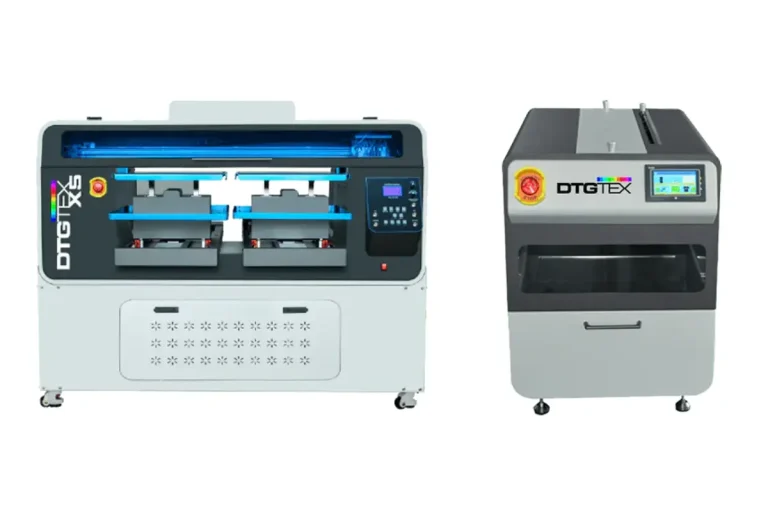The Best Areas of Artificial Intelligence Applications in Business
According to a February 2023 DIHK Digitalization Survey, about 14% of German companies were using artificial intelligence at the time. With the popularity and readily available technology, experts say that this number has increased to about 80%.
Most businesses use AI in different capacities. Businesses already using artificial intelligence in their processes and systems realize they can do more with it. Here are some areas where they are doing so and that you might be interested in following the trend in your business.
Software Development
Artificial intelligence is becoming more important in software development by the day. Although there will always be space for human developers, companies are now asking their developers to leverage AI in software and app development.
The reason is that some studies show that using artificial intelligence improves developer productivity and the quality of their output. However, this only applies to experienced and knowledgeable developers because artificial intelligence has some issues that need to be addressed before developers can rely on it 100%.
These include hallucinations, erroneous code, poor refactoring, and the introduction of security bugs. However, the technology is always evolving and improving, which is why many businesses are already using it. If it is good enough as is, is being improved all the time, and can be made even better when used by an experienced developer, businesses see using artificial intelligence as an absolute win.
Data Analysis
The savviest business leaders realized several years ago that having more data is typically a good thing for their enterprises. This is a major reason there has been an increase in the amount of data businesses collect over the past few years.
The problem is that collecting more data presents challenges in sorting it, ensuring it is usable, and then analyzing it to make the most out of it. Fortunately, artificial intelligence and machine learning can simplify the data analysis process.
The only challenge that remains when businesses decide to embrace these solutions is training their machine learning algorithms to perform as expected and produce the best results. Fortunately, companies like NVIDIA have made it much easier to do so through their software and hardware endeavors.
Today, Nvidia H100 and A100 GPUs are leading the charge in helping businesses embrace and leverage everything machine learning can offer. Their RAPIDS initiative as well as initiatives from Google and Microsoft are providing businesses with the tools they need to handle machine learning on their own.
If you are not already leveraging machine learning and artificial intelligence in your business for data analytics, there is no reason to continue not doing so. The software is readily available, and providers like Gcore are standing by to give you the Nvidia H100 and A100 you need to train your own models and crunch the data you need to analyze.

Predictive Maintenance
Any business that uses machinery in any capacity, whether in manufacturing, processing, or delivery, knows it cannot afford it to break down. Preventive maintenance is one of the best solutions for minimizing downtime and the costs associated with it.
With this solution, businesses use artificial intelligence to monitor their equipment. The data they collect helps them predict when it will likely fail. By having this data, businesses can take proactive measures in the form of service and maintenance to prevent downtime.
Such predictive maintenance also reduces costs because it allows businesses to address small issues with their machinery before they become catastrophic.
Predictive maintenance also protects businesses from liability. Businesses are legally responsible for ensuring their workspaces and the equipment their employees use are safe. Not maintaining both means they can be held liable in case of accidents, injuries, or incidents.
Predictive maintenance reduces equipment and machinery failure, leading to fewer injuries and fatalities and reducing liability for businesses that have embraced these solutions.
Fraud Detection and Risk Assessment
Because they handle vast amounts of money and numerous transactions, businesses are always targets for malicious actors. In some cases, these actors target customers through these businesses. Artificial intelligence has emerged as one of the most crucial tools for fighting back against hackers.
This technology, coupled with machine learning, is very good at identifying patterns. These can be patterns in transactions, cash usage, withdrawals, and other data depending on the type of business. By knowing these patterns, it becomes much easier to identify outliers that could be fraud or require humans to take another look.
Using artificial intelligence and data analytics to protect themselves and their customers means businesses can prevent significant financial losses, improve their security posture, and enhance their relationships with their customers.
The use of AI and ML in these ways is now common in banks that need to protect themselves. However, this does not mean other businesses cannot use such solutions to protect themselves.
Customer Services and Personalization
Every customer wants to feel special. This can be the difference between them becoming a repeat customer and not returning to your business. You can make them feel special through better customer support and customization.
Chatbots have emerged as an excellent option alongside humans for providing better customer service. They can provide instant answers, understand customers, and provide the right solutions. By doing the latter, they are also a crucial tool for resolving simple issues.
Businesses are also using chatbots to reduce the workload on their human services agents. By doing so, they ensure that humans can provide the best services possible because they will not be overwhelmed with requests or calls.
Businesses can also use artificial intelligence and machine learning for personalization in areas like email and SMS communication, tailoring recommendations, suggesting content, and providing highly personalized customer experiences.
Artificial intelligence has undoubtedly changed how businesses operate and handle specific processes. It helps automate mundane tasks, lower maintenance costs, increase output, and allows businesses to glean insights from massive data sets. The good news is that these technologies will continue to improve and become more ubiquitous, so businesses should invest in training their employees to leverage AI.
FURTHER READING
- Is Your Business Secure? Uncover the Undisclosed Weaknesses You Never Knew Existed
- How Can Businesses Successfully Navigate Digital Transformation?






